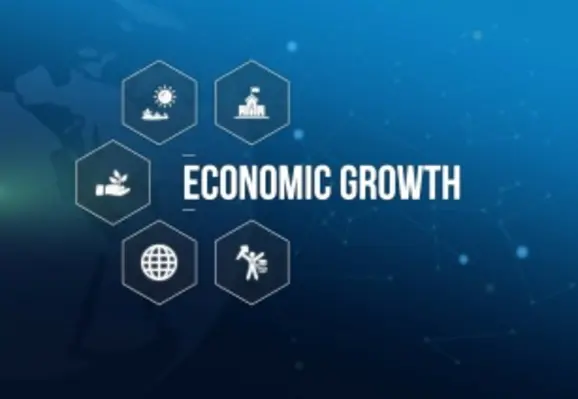African leaders reviewed the continent’s progress in industrialisation, economic diversification, and the African Continental Free Trade Area (AfCFTA) in the context of global shocks, debt vulnerabilities, climate change, and security concerns
"Not so long ago, the juxtaposition of the words industrialisation and Africa might have seemed incongruous. Today, the question it raises is mainly one of ways and means,” said Nigerien president Mohamed Bazoum, the summit’s host.
Bazoum called on African countries to entrench the rule of law to catalyse the emergence of the African private sector, unleash the energies of African entrepreneurs, and simplify the business environment.
"Inclusive, coherent, and sequenced industrialisation that we want cannot be imposed and can only be achieved by creating synergies between the private and public sectors to empower small and medium sized enterprises and create quality jobs.
African Development Bank president, Akinwumi Adesina noted that free trade areas had brought prosperity worldwide not by trading low-value products, but by industrial production. “It is, therefore, clear that Africa's prosperity must no longer depend on exports of raw materials but on value-added finished products,” he said. Marie-Laure Akin-Olugbade, African Development Bank acting vice-president for regional development, Integration and Service Delivery, represented Dr Adesina and delivered the speech on his behalf.
“Across Africa, we need to turn cocoa beans into chocolate, cotton into textiles and garments, coffee beans into brewed coffee,” Adesina said. He said the Bank was investing US$25bn to transform the continent's agricultural sector and unlock the agribusiness market, which is expected to reach US$1tn in value by 2030.
The Bank chief also detailed efforts to develop spheres that will boost Africa's industrialisation and economic diversification, including the energy, health, natural resources, and pharmaceutical sectors.
“Africa has an abundance of natural resources, oil, gas, minerals and metals, as well as a vast blue economy that needs to be rapidly industrialised,” Adesina said. "The future of electric cars in the world depends on Africa, given its vast deposits of rare mineral resources, including lithium-ion, cobalt, nickel and copper. The size of the electric vehicle market has been estimated at US$7tn by 2030 and US$46tn by 2050. Building precursor facilities for lithium-ion batteries in Africa will cost three times less than in other parts of the world,” he said.
During the summit, the African Development Bank, the African Union, and the United Nations Industrial Development Organization launched the inaugural Africa Industrial Index. The joint report showed that 37 out of 52 African countries have industrialised over the past 11 years. The study provides a country-level assessment of the progress made by the 52 African countries based on 19 key indicators.
The 19 indicators in the index cover manufacturing performance, capital, labor, business environment, infrastructure, and macroeconomic stability. The index also ranks the level of industrialisation of African countries along various dimensions such as capital, labor endowments, institutions, infrastructure, and macroeconomic stability, amongst others.






















